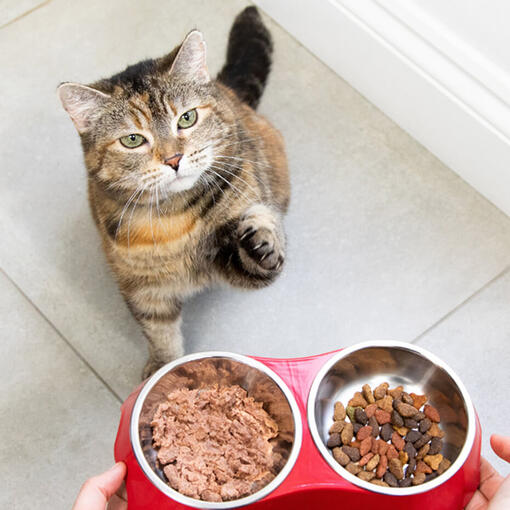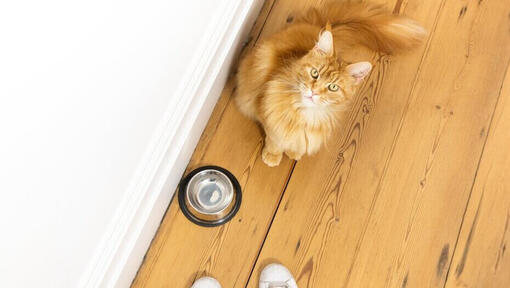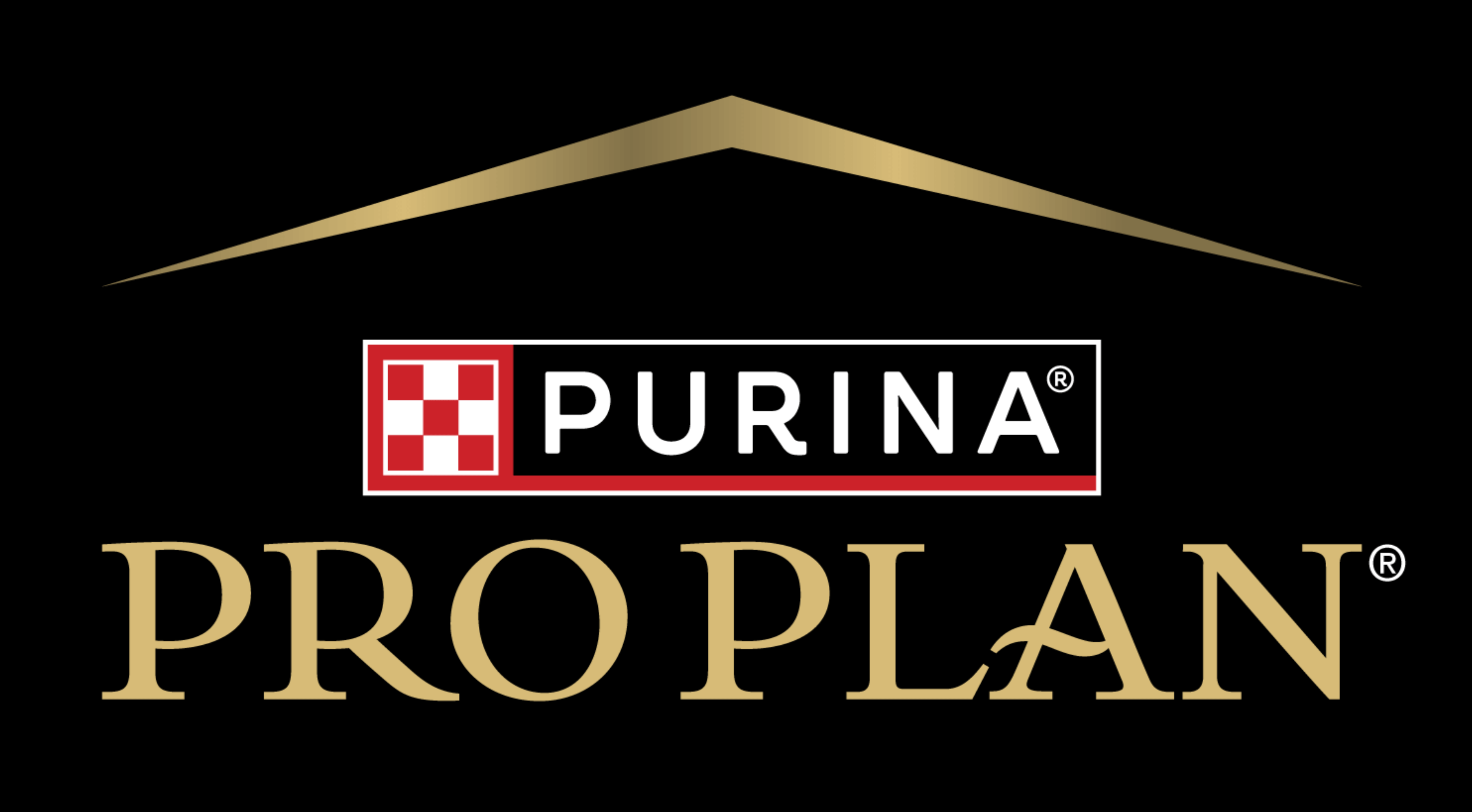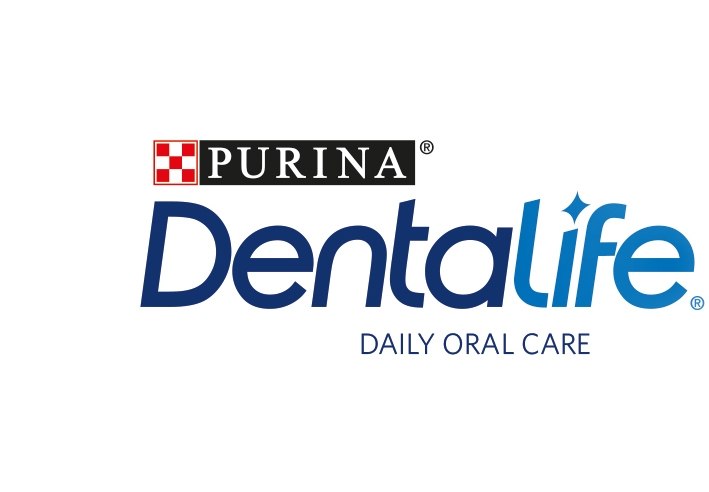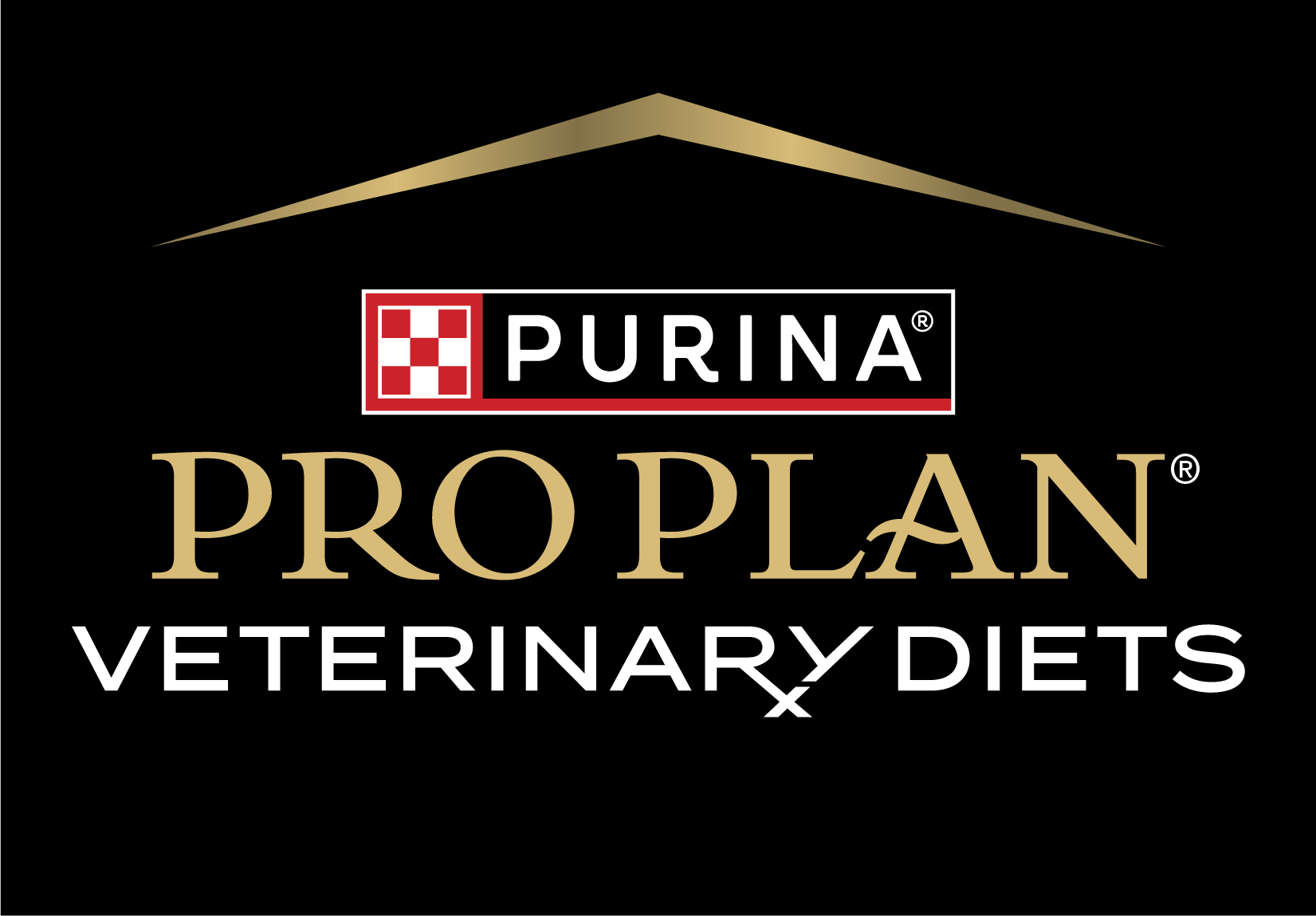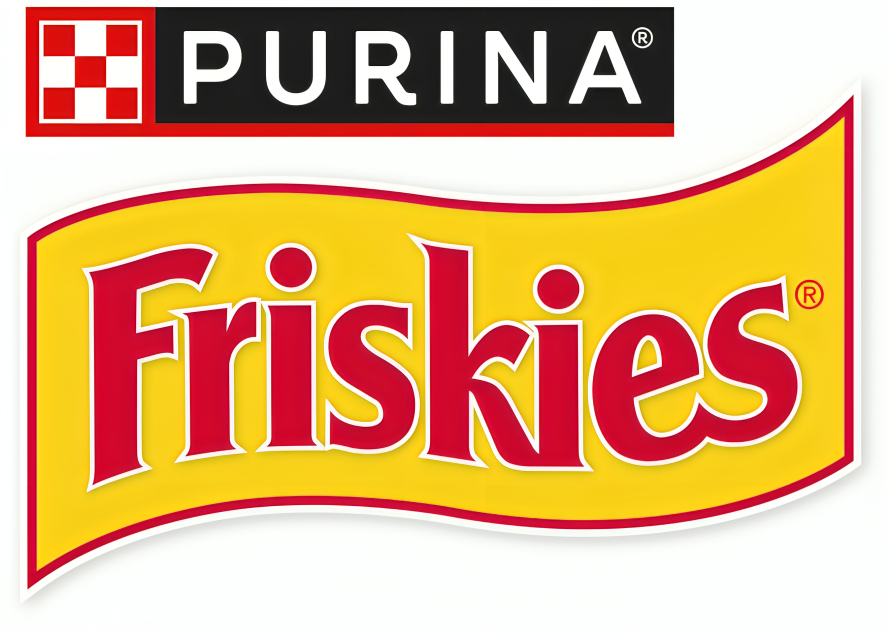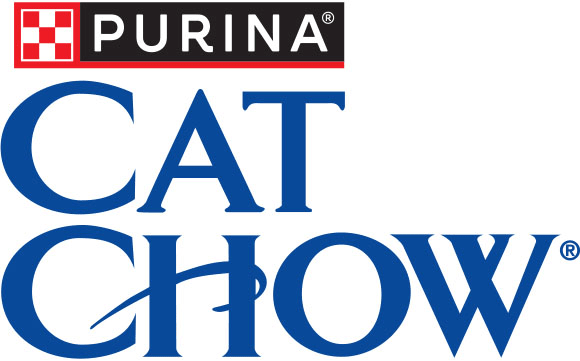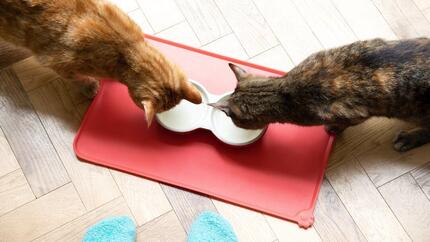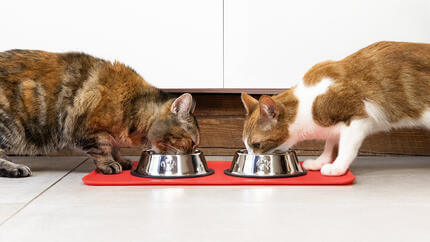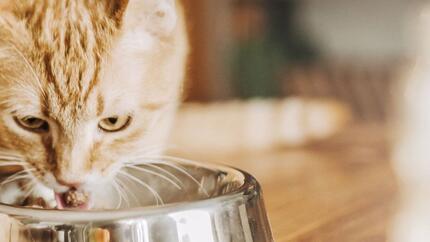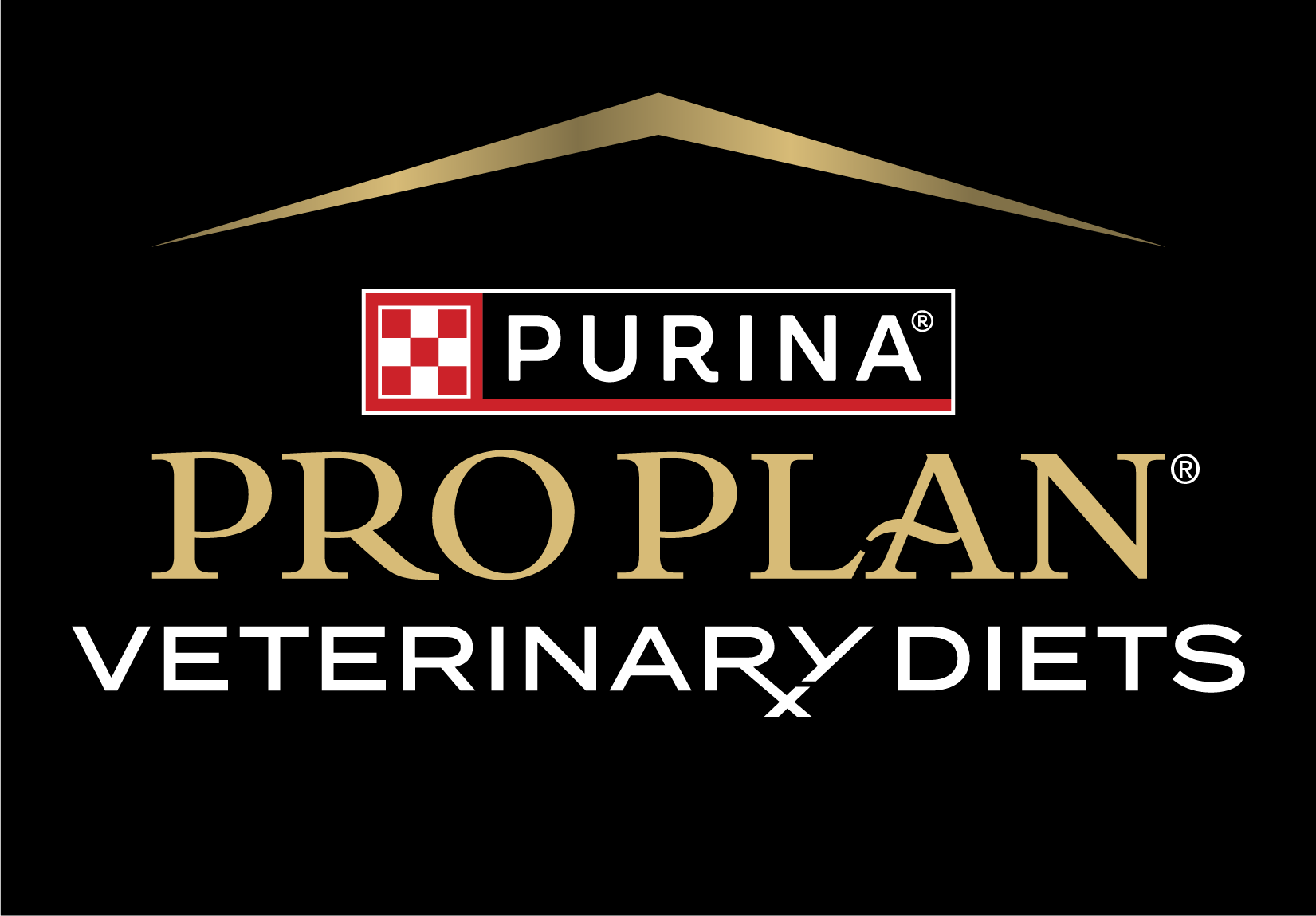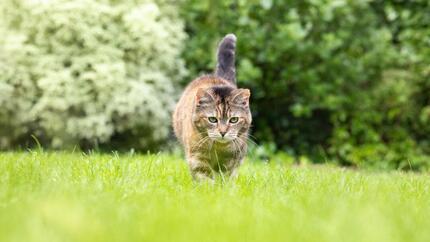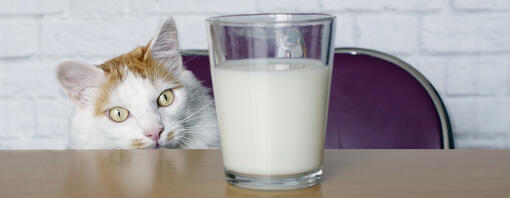
Cats should only really drink one thing to stay hydrated - water. Despite popular belief, milk is not good for cats and it’s best to steer clear of dairy. Find out why milk is bad for cats and more with our guide.
Can cats drink milk? The image of a cat happily lapping up milk is such a common one that many people don’t even question it. But it may surprise you to learn that sipping at cows’ milk is actually detrimental to their health, no matter how much they make like the taste of it.
Ideally, cats should only be given water to drink. However, it’s important for your cat to stay properly hydrated, especially if they have other health problems such as kidney disease. Some individuals are really not keen on the taste of water, but there are a few tricks you can try to encourage increased water intake. Read on for our tips.
Can cats drink milk?
Is milk bad for cats? Yes – most cats are lactose intolerant, and consuming dairy products can lead to diarrhoea and vomiting. There are some specially designed cat milk options available, which are more suitable and contain reduced lactose. However, these should only be fed in moderation. Kittens will drink their mother’s milk for the first few weeks of life, or a specially designed ‘kitten formula milk’ if necessary. However, they will be fully weaned by around 8-9 weeks of age.
Kittens have an enzyme in their stomachs that allows them to break down lactose from their mother’s milk, but adult cats don’t have this enzyme and lose the ability to digest milk sugars. Instead, the lactose in the milk may cause an upset stomach when it begins to ferment.
Why do cats like milk?
Cats love the taste of milk because it is high in fat. They will often choose to drink it even if it results in an upset stomach. If your cat is fed high-quality, balanced diet they do not need the extra fat from drinking milk, no matter how much they like it.
If your cat has drunk some milk, watch them for any signs of vomiting or diarrhoea and contact your vet if you are concerned.
What do kittens drink?
Young kittens will drink their mother’s milk until they are weaned. There should also be free access to fresh water for their mother and kittens will start to lap this too.
From around 4 weeks of age, they will start to explore solid food and drink more water alongside their mother’s milk.
Can cats drink milk if they’re orphaned?
If you are hand-rearing an orphan kitten, or they can’t drink their mother’s milk for any other reason, you should feed them special ‘kitten formula milk’. You shouldn’t use normal milk from another species as it will not contain the right balance of nutrients for their development. The first milk that a mother produces is called colostrum. This is high in antibodies and helps to pass on some immunity to her kittens. If a kitten is unable to drink colostrum from their mother you should get advice from your vet.
When should you start giving kittens water?
Kittens will generally begin to wean around three to four weeks of age, at which point it’s time to start giving them a little solid food. At the same time, you should provide them with fresh, clean drinking water in a shallow bowl.
What do cats drink?
Adult cats only need to drink water as part of a healthy, balanced diet. How much they drink depends on several factors, including their age, size, and whether they eat wet or dry food. You can find out more about how much your cat needs to drink with our guide.
If your cat has an underlying health problem such as chronic kidney disease, it is particularly important that they stay hydrated. If your cat will not drink fresh water, then you can try boiling some plain chicken breast or white fish and give your cat the cooking liquid to tempt them. This should not contain any salt or oil. You can also ask your vet whether oral rehydration fluids would be suitable. These are often meaty flavoured and can be more popular than plain water. Another option may be a pet drinking-fountain as some cats prefer these to water bowls.
If you decide to give your feline friend ‘cat milk’ from the pet shop as a treat, ensure they are still enjoying a balanced and healthy diet and that their treat is part of their daily food allowance.
The most important thing to remember is that fresh, clean water should be available to your cat and weaning (or weaned) kitten at all times.

